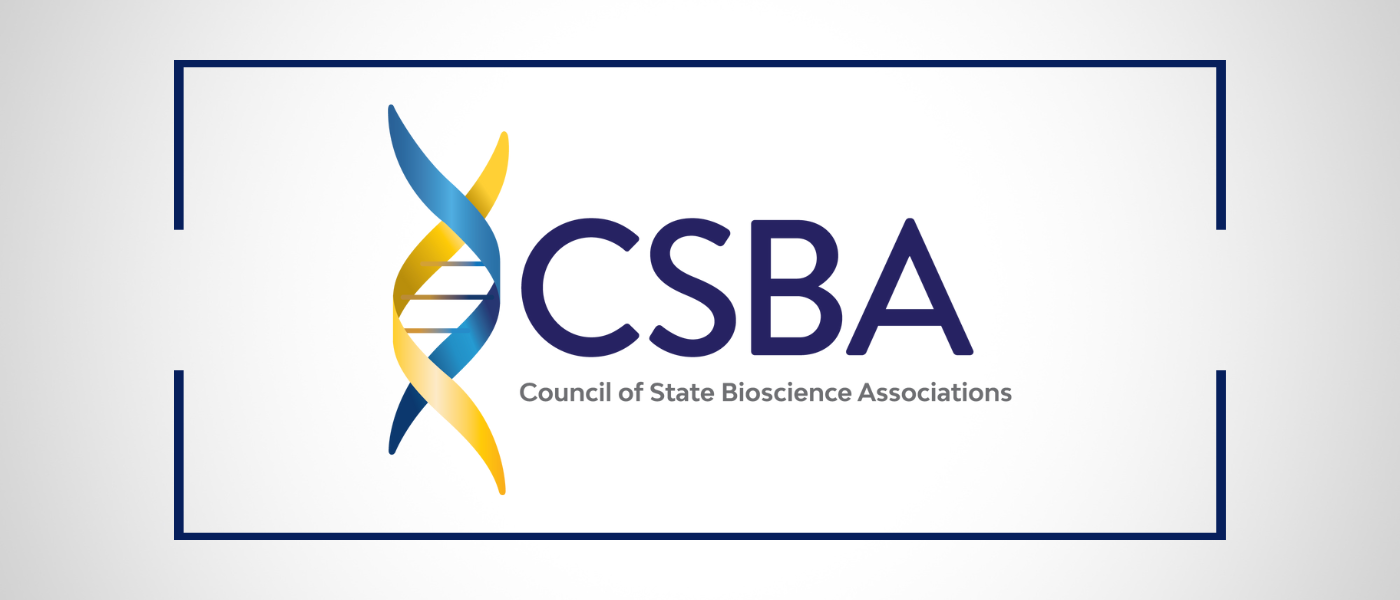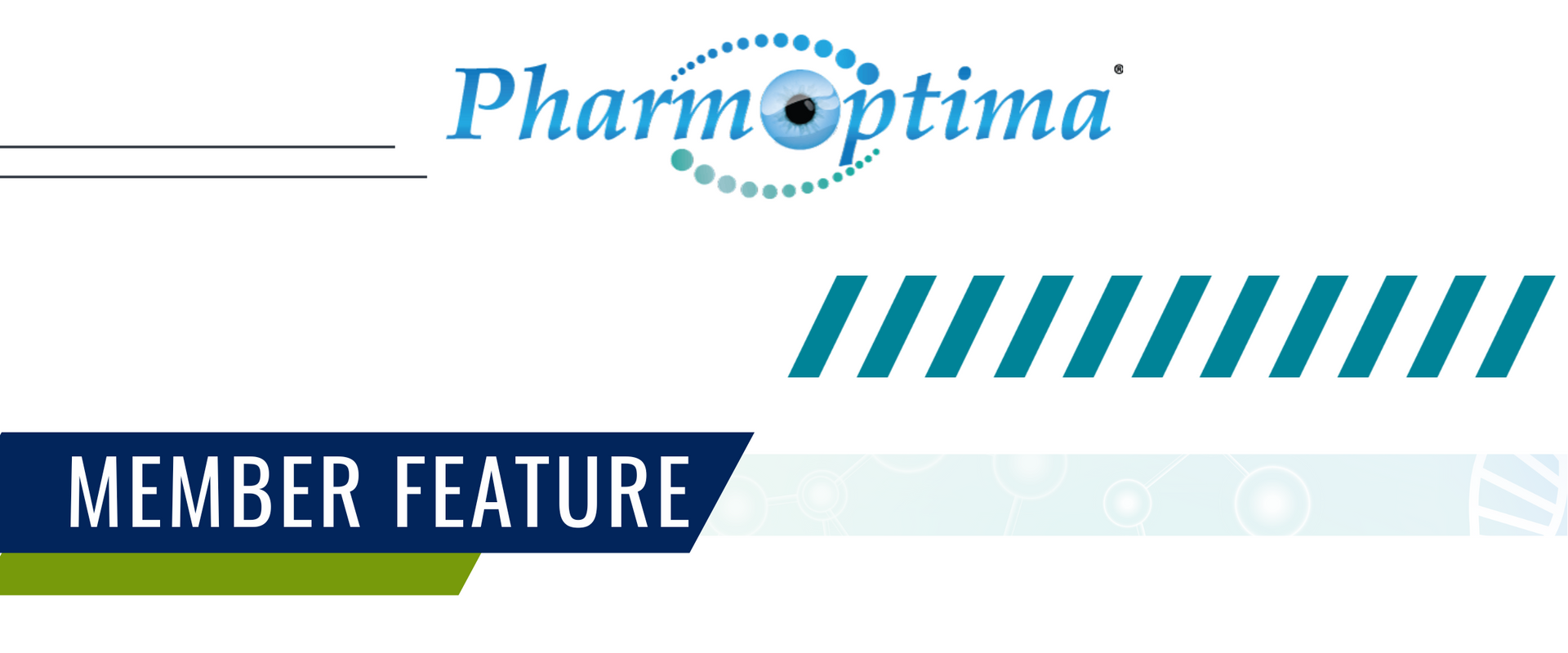Council on State Biotechnology Associations Says NIH Funds a Critical Component of Innovation Ecosystem
Safeguarding Innovation: CSBA Urges Continued NIH Funding to Propel U.S. Biotech Leadership

“Today, the US biotech industry employs nearly 2.3 million people across the US and is making positive contributions to economic impact and national security across all 50 states. In fact, for every dollar the National Institutes of Health (NIH) contributes to a successful drug, the private sector invests over $65, underscoring the agency’s unparalleled return on investment.[i]
As the associations representing the bioscience industry across the nation, the Council on State Biotechnology Associations (CSBA) is concerned by recent guidance that would cut funding provided by the NIH to universities, hospitals, and other institutions that perform critical early-stage research.
NIH grant funds are a critical component of our innovation ecosystem. Grants for basic research are the spark that leads to university-driven discoveries, with public-private partnerships and tech transfers that bridge early-stage research to industry-sponsored drug development and ultimately to FDA approved medical advances for hundreds of diseases.
While the administration looks for greater efficiency in the use of taxpayer dollars, it cannot be overstated – once scientific innovation moves abroad, it may never return.
In the race for scientific innovation around the world, as our adversaries continue to increase government investments in research, we encourage President Trump to follow suit and ensure that we maintain our global leadership in an industry that was created and thrives across the US.”
###
[i] https://vitaltransformation.com/2021/05/who-develops-medicines-an-analysis-of-nih-grants/ ($44,200/$670 = 65.97:1 ratio)
RECENT ARTICLES




